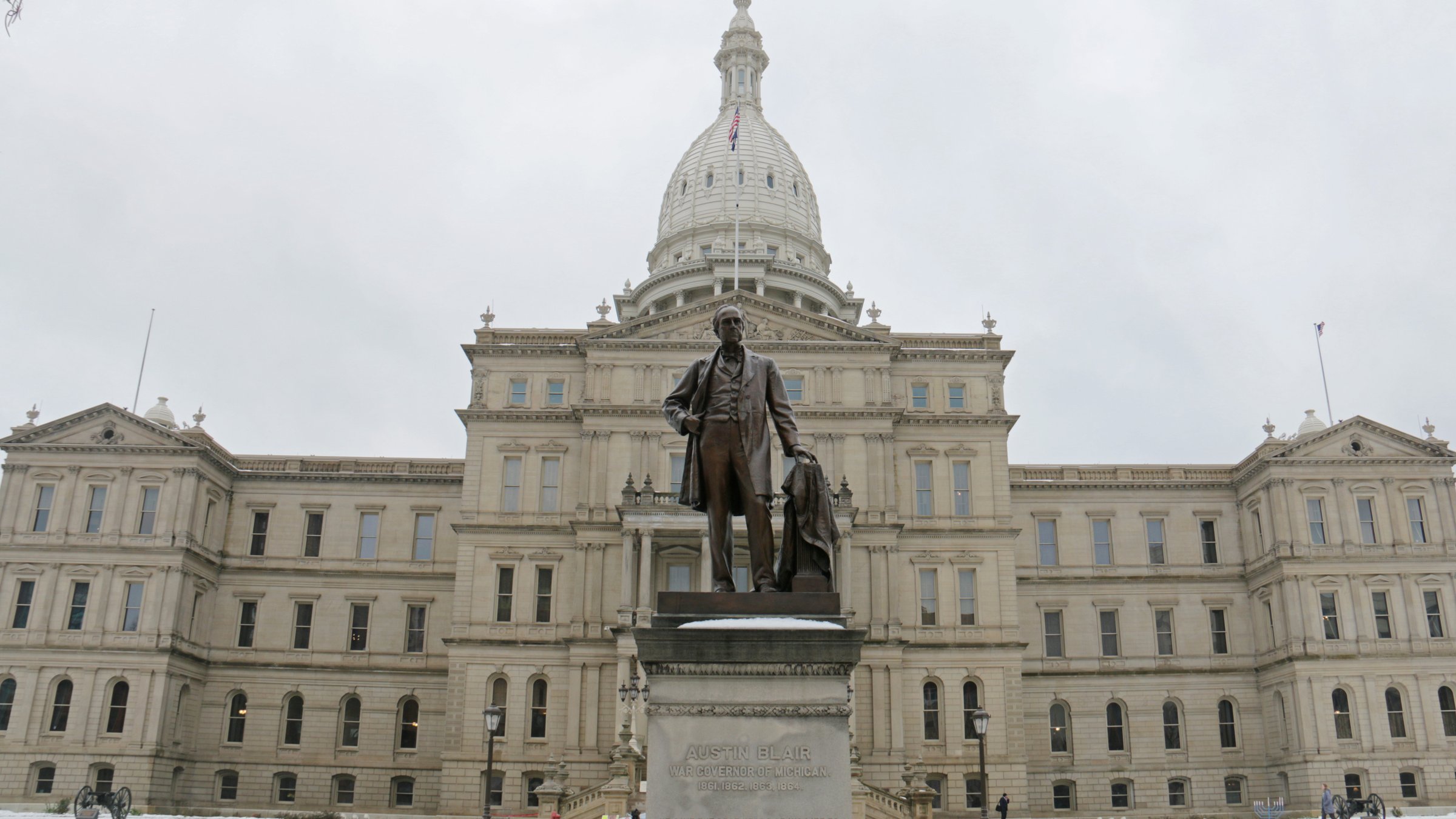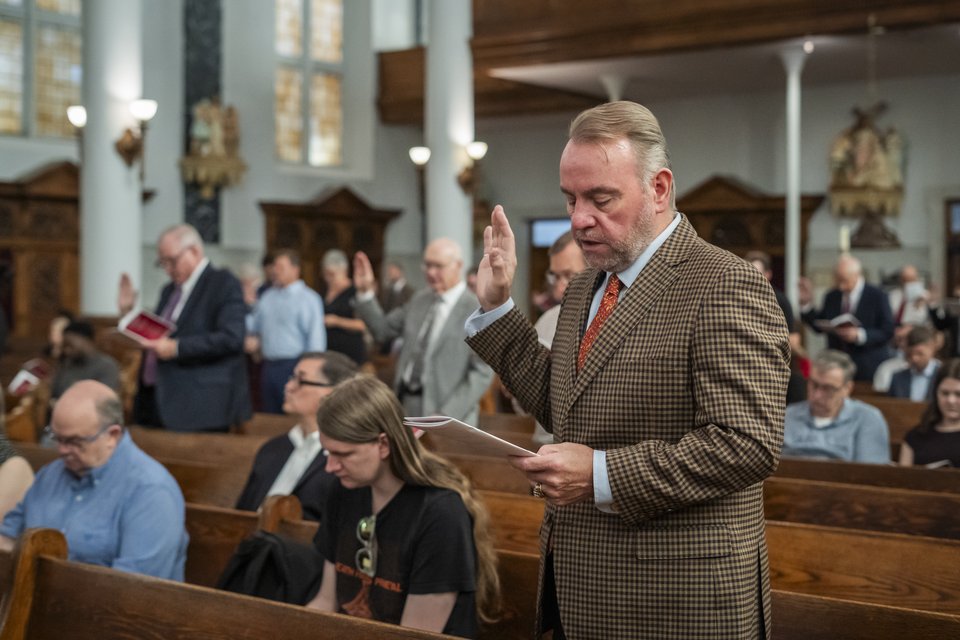Michigan Senate passes updates to 1976 Elliott-Larsen Civil Rights Act including sexual orientation, gender identity
LANSING — The Michigan Senate’s decision to pass legislation adding new classes to the state’s 1976 civil rights law without religious protections is likely to result in discrimination against religious people — the very thing the law was originally written to prevent, the Michigan Catholic Conference said March 1.
The state Senate voted 23-15 on March 1 to add sexual orientation, gender identity and expression to the Elliott-Larsen Civil Rights Act, but without a proposed amendment that would have protected religious organizations holding traditional views about the definition of marriage, human sexuality and gender.
The bill now moves to the Michigan House of Representatives, which is expected to pass it before sending the measure to Gov. Gretchen Whitmer, who is likely to sign it.
Failing to protect religious individuals, business owners and even churches from discrimination based on their beliefs will have legal ramifications for Michigan, said Tom Hickson, vice president for public policy and advocacy for the Michigan Catholic Conference, which represents the state’s seven Catholic dioceses.
“We’re disappointed that members of the Senate voted today to deny constitutional rights and protections to religious organizations that hold long-standing beliefs about marriage that differs from the secular culture,” Hickson said. “By failing to strike a balance and voting against amendments to ensure religious organizations are not targeted for their long-standing religious beliefs about marriage and gender differences, the Senate has signed off on creating a class of citizens against which discrimination and targeted litigation will be likely.”
The Michigan Catholic Conference and others have argued that without such protections, faith-based organizations may face prosecution for operating according to their beliefs in the public square, including in social service settings, education and adoption placement.
Hickson noted that every other state that has amended its anti-discrimination law — 22 states plus the District of Columbia — has included protections for religious organizations.
“Unfortunately, Michigan appears to be going in an opposite and unprecedented direction,” Hickson said in an earlier communication Feb. 9. “All people, regardless of their orientation or classification, are children of God and should be treated with dignity, respect and compassion. We acknowledge the passion that is part of this conversation.”
The state legislature’s action comes after the Michigan Supreme Court voted in July 2022 to redefine “sex” in its interpretation of the Elliott-Larsen Civil Rights Act to include sexual orientation and gender identity.
In December, a parish in central Michigan sued the state, arguing the redefinition impedes the parish’s ability to hire staff and teachers who adhere to Catholic teaching in their personal lives without fear of reprisal.
The parish, St. Joseph Parish in St. Johns, said the redefinition also could hold it liable for refusing to allow biological male students to access female locker rooms and restrooms, rent facilities for same-sex wedding ceremonies, or uphold traditional Catholic teaching in classrooms and religious education settings.
Lori Windham, vice president and senior counsel for Becket, the firm representing the parish, told the Lansing State Journal at the time that St. Joseph is not interested in repealing the updated Elliot-Larsen Civil Rights Act.
“They’re not asking to invalidate the entire law,” she said. “They’re asking to be able to continue with their own religious beliefs and practices.”
The Michigan Catholic Conference continues to ask Catholics across the state to write to their representatives at the state level via the Catholic Advocacy Network. So far, more than 7,000 messages have been sent to Lansing lawmakers “urging protections for religious organizations so they may continue to serve others without concern for being taken to court for exercising their beliefs in public,” the conference said.
Copy Permalink
Faithful citizenship











